Along with "disguising" under "covers", or connecting into a network to carry out different stages in the production process; "fraudulent traders" are taking "maximum" advantage of legal loopholes in online business management to launch "tricks" to sell fake goods, make illegal profits as well as avoid legal control.
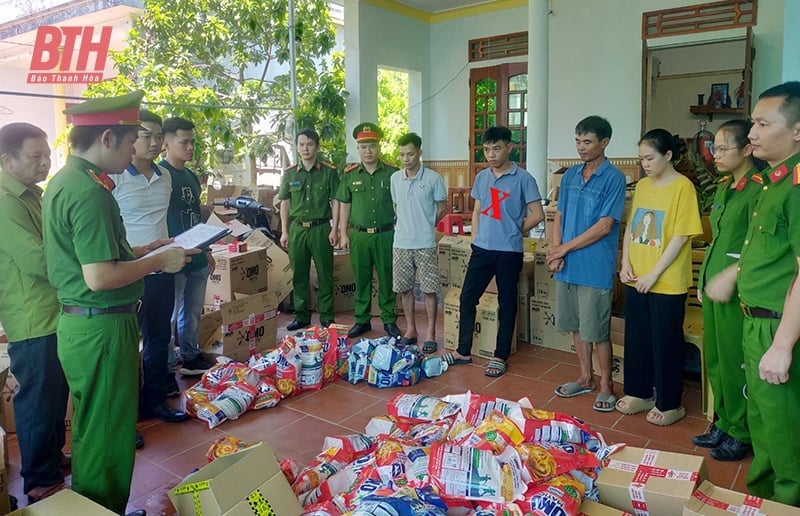
The dark side of the "industry"
On December 3, 2024, Market Management Team No. 9 (Provincial Market Management Department) and the Traffic Police force (Provincial Police) coordinated to arrest a truck traveling through Thanh Hoa. Along with many food and medical equipment items that violated administrative regulations with acts of not having a clear origin, not labeling food products that are required to be labeled, the functional force discovered signs that some types of D-Nee brand cosmetics originating from Thailand that are protected in Vietnam are counterfeit goods. According to the inspector of Market Management Team No. 9, the method of counterfeiting this batch of goods is very sophisticated. If simply observed, it is very difficult to detect because the product barcode is correct, the printed details on the packaging are quite colorful and sharp. Due to suspicions about some details about the lid, the functional force coordinated to verify and investigate. On December 17, 2024, the Captain of Market Management Team No. 9 issued a decision to fine driver Dam Van Cong, address Tam Tien commune, Yen The district (Bac Giang) VND 16,000,000 for trading in counterfeit trademark goods; forced to destroy counterfeit D-nee trademark goods that are protected in Vietnam worth VND 14,760,000, including baby bottle cleaner, laundry detergent and talcum powder bearing the D-nee brand.
At two establishments specializing in the production, distribution and sale of counterfeit OMO brand laundry detergent products in Te Nong commune (Nong Cong) and Tan Phuc commune (Nong Cong) caught red-handed by authorities in August 2024, products that were "exactly" similar to genuine products were produced under the "cover" of a licensed toilet paper production facility. Few people know that OMO laundry detergent bags and boxes were produced in a facility of only a few square meters. Goods of a famous brand were "transformed" in an extremely simple way. According to the confession of the ringleader Le Ha Tuan, the packaging and labels were printed for hire, while the "process" of producing the "inner part" - laundry detergent - was quite manual, with a few types of foaming agents, detergents, flavors and colorants bought online and then mixed by themselves. As for the quality of the product, only... consumers know.
The large-scale nationwide counterfeit drug ring that was busted by Thanh Hoa City Police in August 2024 shocked many people, as the medicines were produced in a way that could be called "strange". The ingredients that the subjects put into the production of antibiotics, such as: Cefuroxim 500mg, Cefixim 200mg, Augxicine, Panadol Extra, Panactol... were made from flour, pain relievers and adhesives.
Confessing to the investigation agency, Nguyen Van Hung - the ringleader said that he colluded with Truong Quoc Phong Dinh to establish Integrated Medical Services Company Limited, registered in Ben Tre City, Ben Tre Province to disguise the production and trading of fake modern medicine. Under the guise of being a pharmacist specializing in buying and selling medicine for pharmaceutical companies, Truong Quoc Phong Dinh used social networks Zalo, Facebook... to purchase imported medicines floating on the market, then used alcohol or other chemicals to erase the printed text on the blister packs, used a machine to reprint the information (name, ingredients, active ingredients) on the blister packs, creating new medicines.
In November 2024, the Market Management Force inspected and sanctioned about 13,000 violations nationwide related to counterfeit goods and goods infringing intellectual property rights, with an administrative fine of about 57 billion VND. |
In addition, Dinh also purchased domestically produced modern medicine, with clear origin and cheap price, then soaked it in water to peel off the original label of the manufacturer on the medicine tube, ordered printing and pasting fake labels as imported medicine, and put it on the market for consumption at high prices. Based on the collected documents and evidence, the Investigation Police Agency, Thanh Hoa City Police issued a Decision to prosecute the case, prosecuted 7 defendants in the above-mentioned ring for the crime of "Producing and trading in counterfeit goods that are preventive and curative medicines" stipulated in Clause 2, Article 194 of the Penal Code. From now on, the "criminals" will have to suffer appropriate punishments. However, hundreds of thousands of counterfeit medicine packs have been consumed and may continue to cause unpredictable dangers to the health of patients.
According to the authorities, with careful research and many sophisticated tricks, counterfeit goods appear in many forms, from fake packaging, labels, or more sophisticatedly, fake uses. With fake uses, even the authorities find it very difficult to detect, and only when consumers buy and use them can they detect it. In addition, there are also fake origins of goods, fake quality standards... Currently, the technology and means to serve the work of fighting counterfeit goods have not kept up with the changes in production technology.
In particular, many products not only have counterfeit trademarks but also have their barcodes copied and counterfeited, making it very difficult for authorities to identify initial signs. Captain of Market Management Team No. 10 (Provincial Market Management Department) Le Vinh Quang, cited: “Market Management Team No. 10 has inspected and discovered many cases of counterfeit goods in which all information on the product labels is counterfeit, including the barcode. For example, the case of counterfeit toilet paper production by a business household in Hoang Giang commune (Nong Cong). The case has now been transferred to Nong Cong District Police to prosecute the case according to regulations.”
Invisibility through digital technology
To deceive consumers and avoid inspection by authorities, producers and traders of counterfeit goods and goods infringing intellectual property rights often take full advantage of digital technology platforms to sell goods on e-commerce sites and social networks to reach consumers quickly and in large numbers; at the same time, easily erase traces of crime and avoid investigation by authorities.
Returning to the case of counterfeit goods production in Vinh Loc district, under the trick of livestreaming on social networks with attractive advertisements and invitations, tricks of "crashing" prices at only 60 - 65% compared to genuine goods; at the same time, running their own advertisements, introducing and selling products nationwide, every month the subjects sold over 4,000 fake laundry detergent products of the OMO brand, equivalent to the value of genuine goods of about 1 billion VND, illegally earning hundreds of millions of VND.
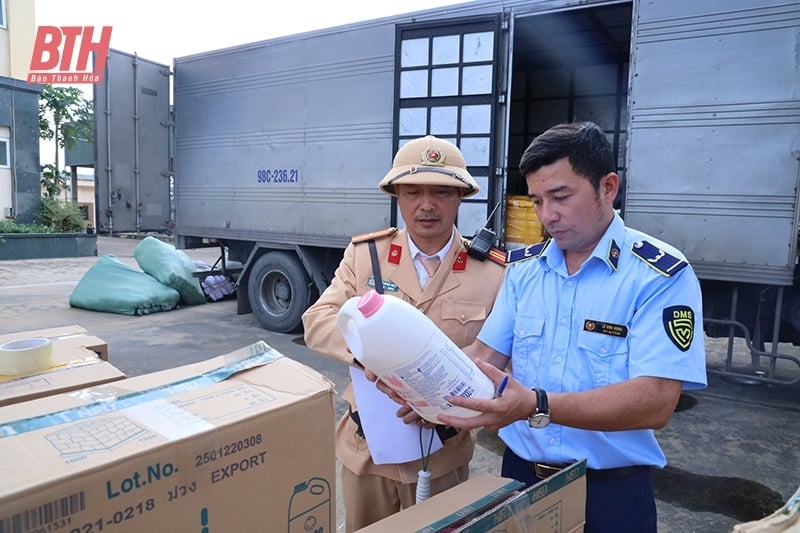
In the case of manufacturing and trading fake modern medicine that Thanh Hoa City Police cracked down on, the subjects also used social networking sites to advertise that they had sources of antibiotics from genuine companies that were "smuggled" from contractors or sold out of the region without being able to issue invoices, so they sold them at a cheaper price than genuine goods for consumption at drug dealers in localities across the country. Using the above tricks, the subjects sold a large amount of fake modern medicine to the market, mostly targeting the group of pharmacists who do business freely in drug markets in the North and South, including Thanh Hoa.
The practice of buying and selling, hijacking social accounts, then running ads, commenting on "exaggerating" product uses, creating trust, and deceiving consumers has become quite common on online sales channels. More dangerously, many "fraudulent traders" also take advantage of digital technology platforms, creating fake fanpages, impersonating famous people and influential people in society to advertise, sell fake goods and make illegal profits.
In Thanh Hoa, in September 2024, a number of fake fanpages of Hoi Long Pagoda (Hoang Hoa) appeared to sell products such as shampoo, essential oils, and dishwashing liquid that were counterfeit products of the pagoda. Not only did the subjects create fake fanpages, they also illegally used product introduction videos, taking advantage of the pagoda's support in raising orphans to attract customers and sell products for profit. Direct comparison of "real" and "fake" products showed that the subjects had ordered boxes, copied labels, parameters, addresses, and contact information of the pagoda, and manually produced the "inner parts" for consumption, at prices identical to genuine products to avoid detection. "Hiding behind" online business channels, the subjects successfully traded a large volume of products, causing damage to consumers as well as the reputation of the manufacturer.
Currently, 63/63 Market Management Departments of provinces and centrally run cities have issued decisions to establish e-commerce teams and units have proactively developed and issued inspection plans. Regarding the e-commerce sector. In 2024, the entire force detected and handled 3,124 violations (an increase of 266% compared to 2023), transferred 4 cases to the investigation agency, and imposed administrative fines of VND 48 billion (an increase of 220% compared to 2023); the value of infringing goods was over VND 34 billion (an increase of 440% compared to 2023). |
“Currently, there are many businesses on social networks such as Facebook, Zalo, and TikTok, but the law does not have specific regulations on the management of these business activities, making it difficult for authorities to manage and inspect when there are signs of violations. In addition, business activities on e-commerce often do not have a fixed business location. Business activities are conducted right at the place of residence. Meanwhile, the Law on Handling Administrative Violations stipulates that “in cases where the place where evidence and means of administrative violations are hidden is the place of residence, it is necessary to request the Chairman of the District People's Committee to consider and decide. This procedure takes a lot of time, affecting the timeliness of inspection and prevention of violations. At the same time, it is an opportunity for subjects to "disperse" evidence of violations" - Mr. Le Vinh Quang, Captain of Market Management Team No. 10 (Provincial Market Management Department) shared more about the shortcomings in the provisions of current anti-counterfeiting law.
PV Group
Last post: Need cooperation
Source: https://baothanhhoa.vn/chong-hang-gia-cuoc-chien-khong-cua-rieng-ai-bai-2-nhieu-thu-doan-lua-doi-nguoi-tieu-dung-239928.htm


![[Photo] Ceremony to welcome General Secretary and President of China Xi Jinping on State visit to Vietnam](https://vstatic.vietnam.vn/vietnam/resource/IMAGE/2025/4/14/5318f8c5aa8540d28a5a65b0a1f70959)
![[Photo] Hanoi people warmly welcome Chinese General Secretary and President Xi Jinping on his State visit to Vietnam](https://vstatic.vietnam.vn/vietnam/resource/IMAGE/2025/4/14/d6ac6588b9324603b1c48a9df14d620c)
![[Photo] Prime Minister Pham Minh Chinh chairs conference to review the implementation of Resolution No. 18-NQ/TW](https://vstatic.vietnam.vn/vietnam/resource/IMAGE/2025/4/14/dcdb99e706e9448fb3fe81fec9cde410)
![[Photo] General Secretary To Lam holds talks with General Secretary and President of China Xi Jinping](https://vstatic.vietnam.vn/vietnam/resource/IMAGE/2025/4/14/b3d07714dc6b4831833b48e0385d75c1)
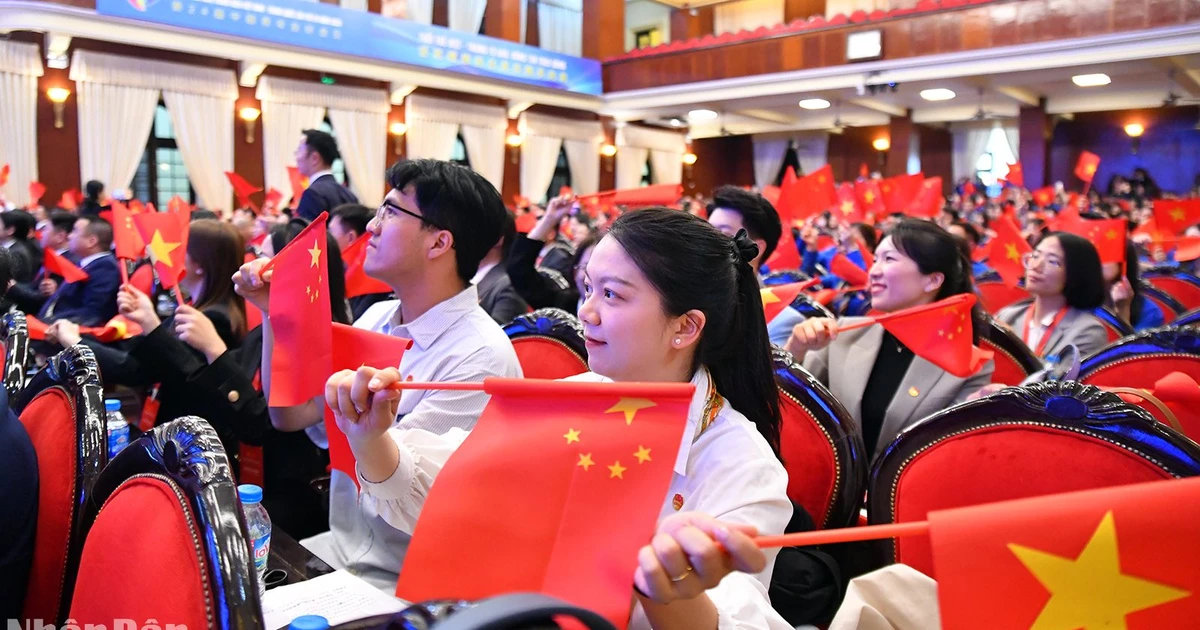

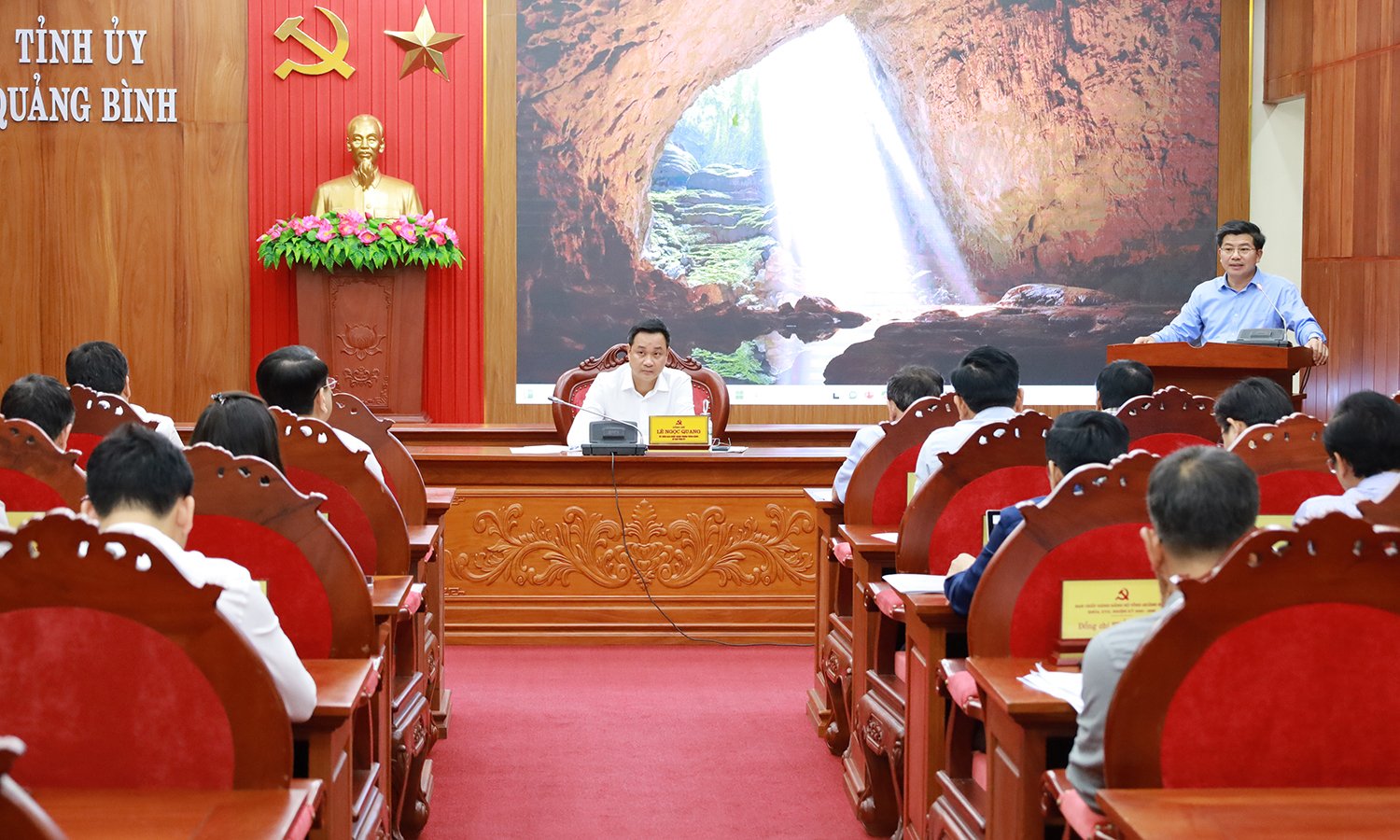
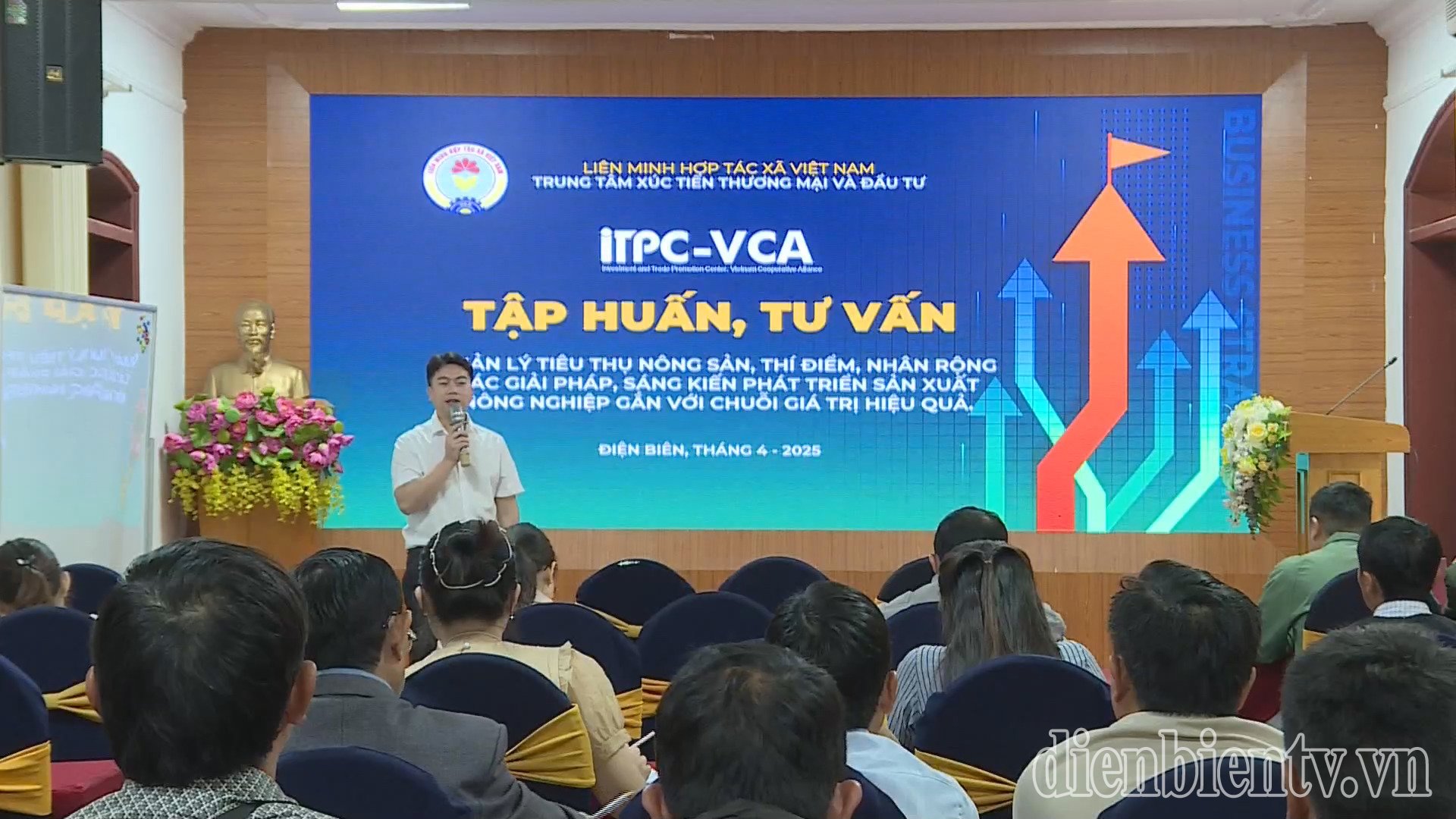
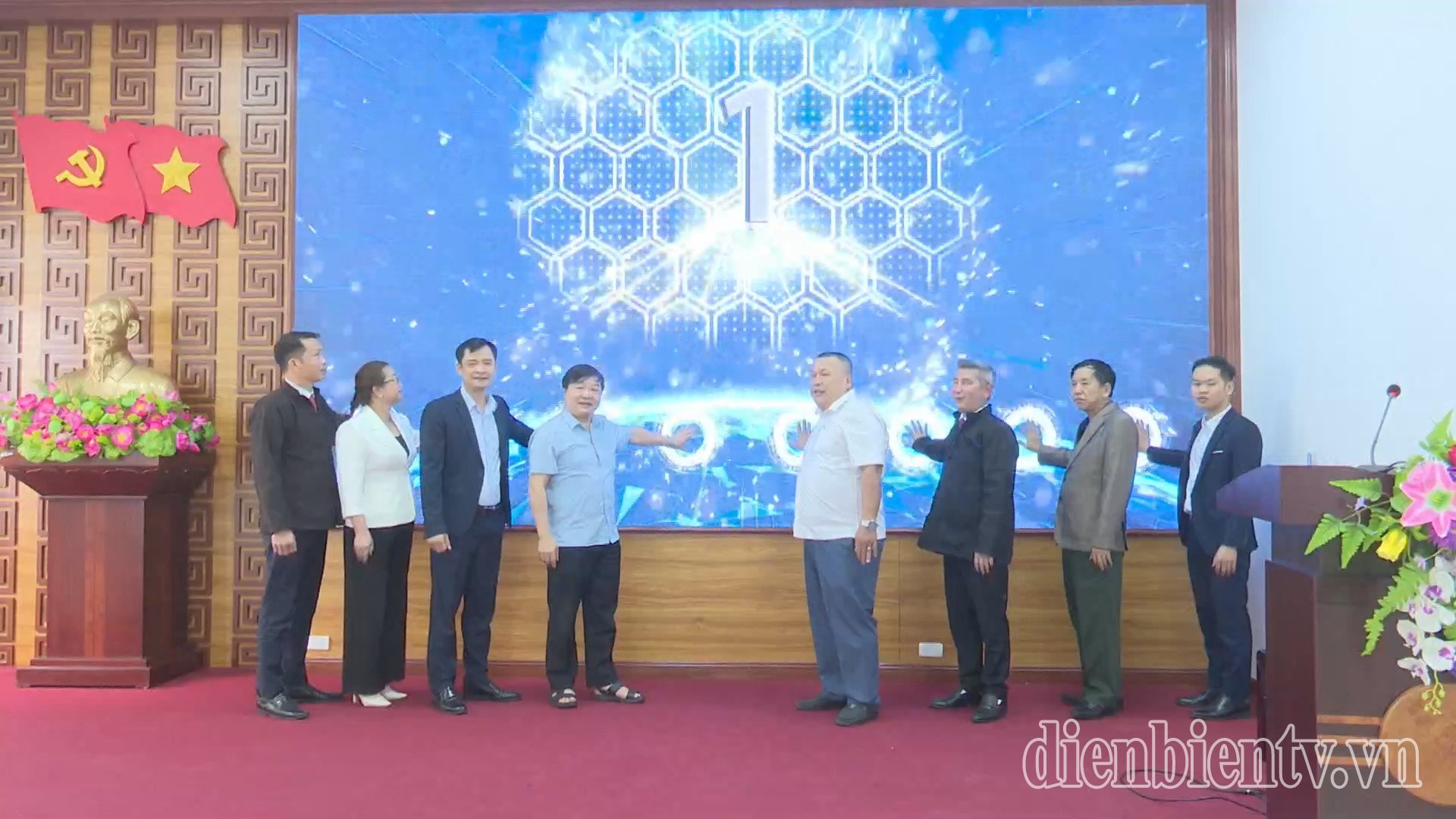
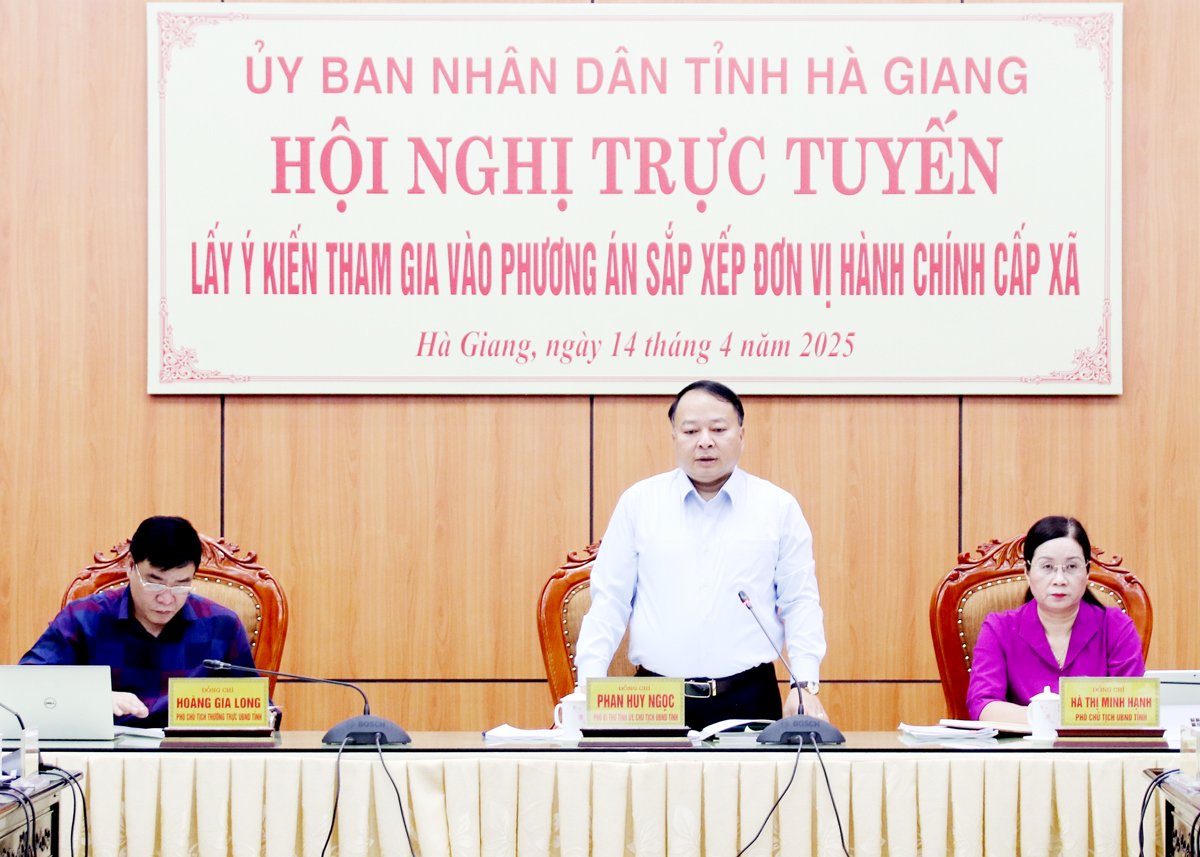
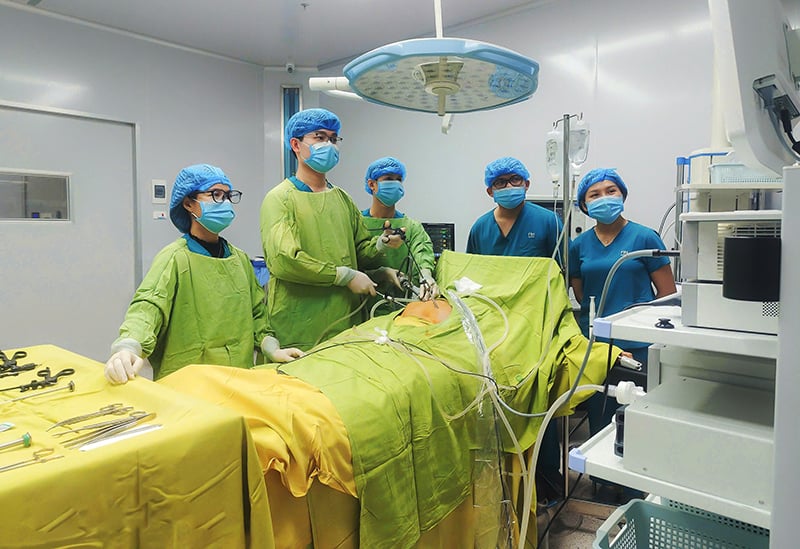


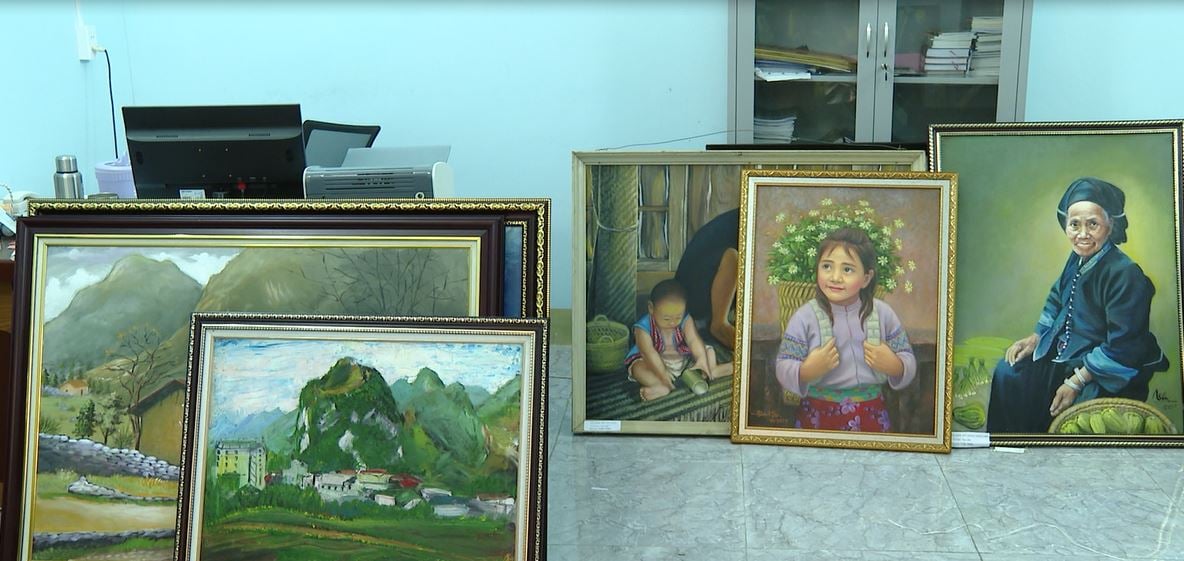
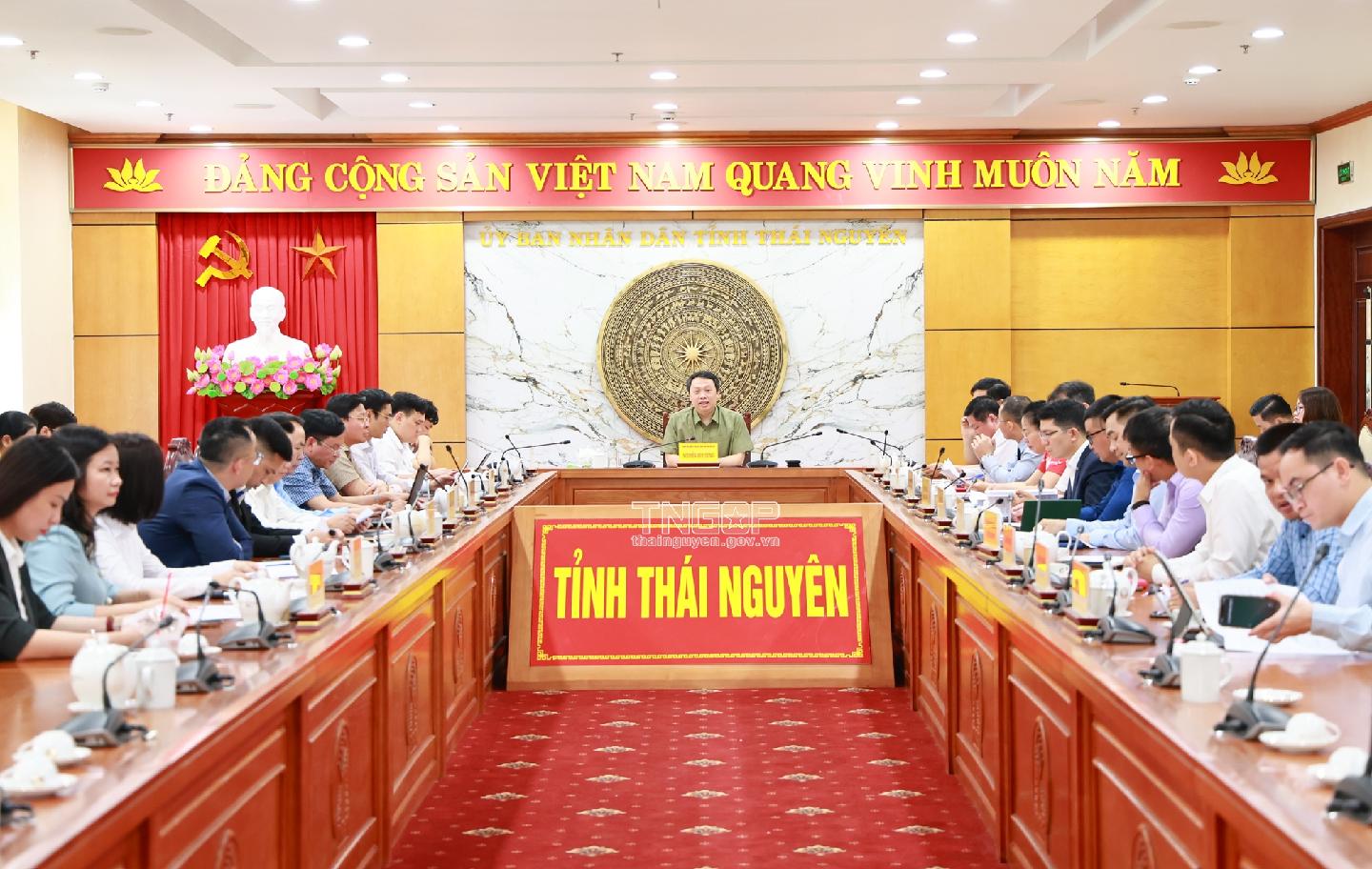
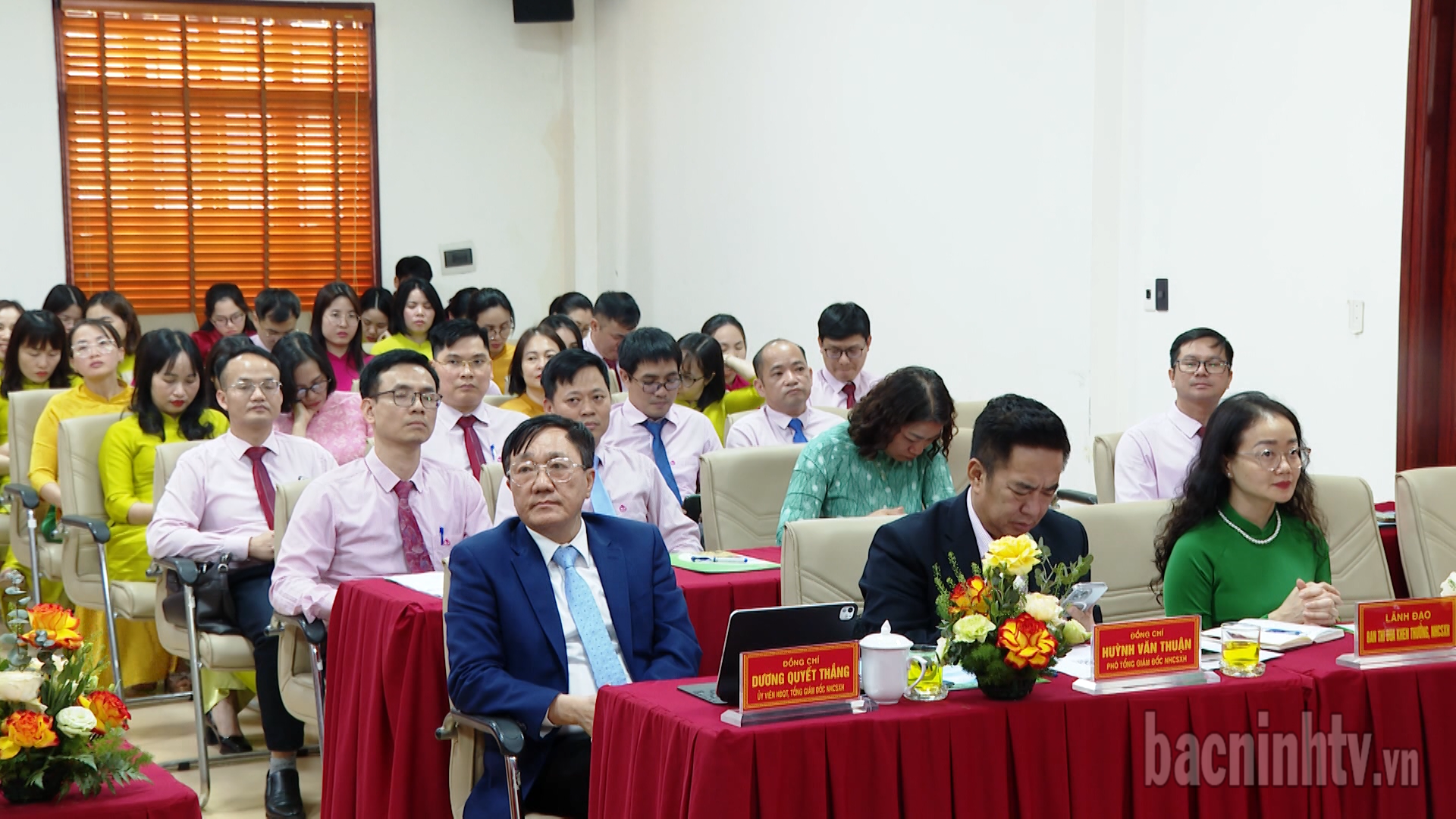

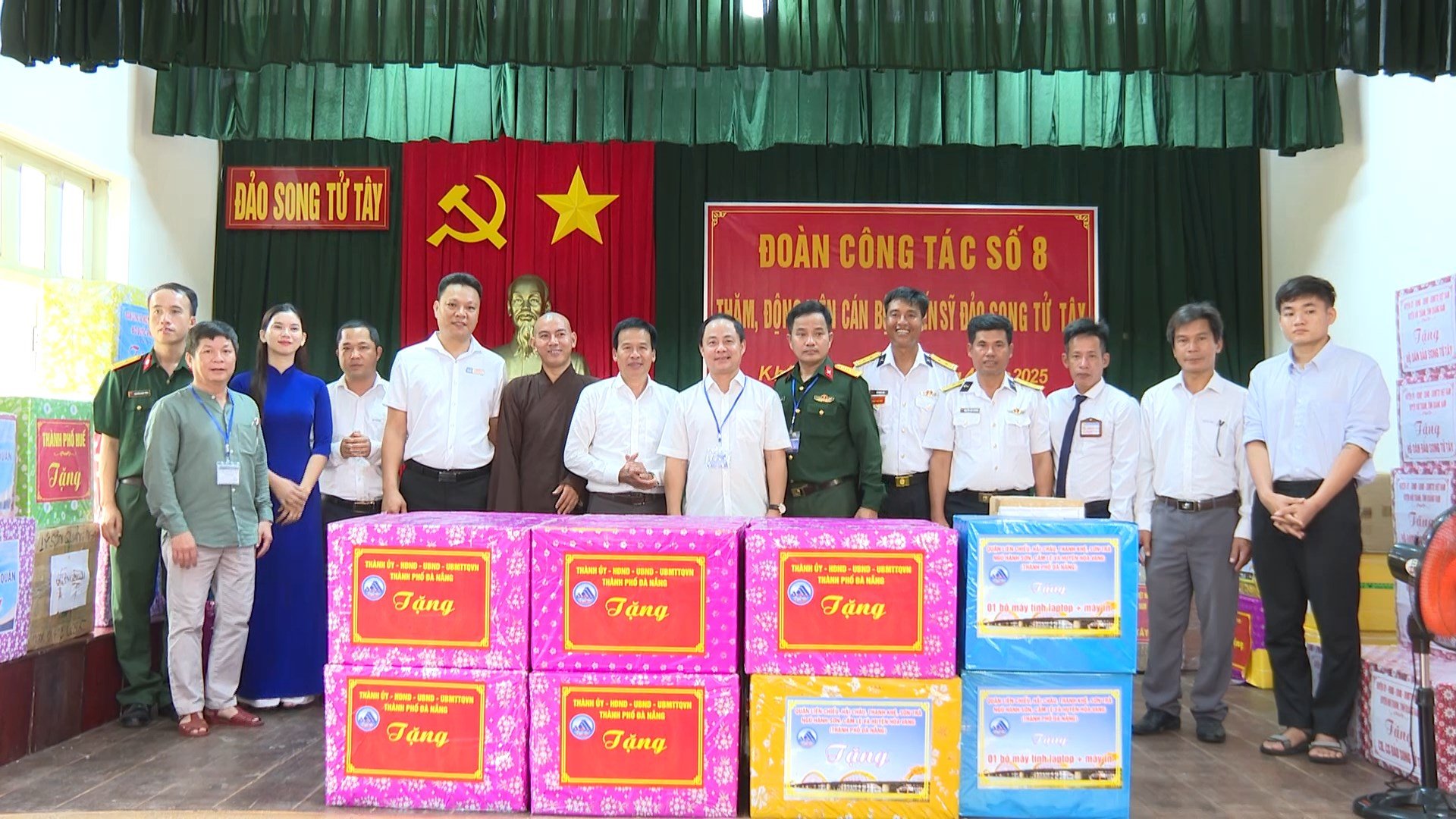
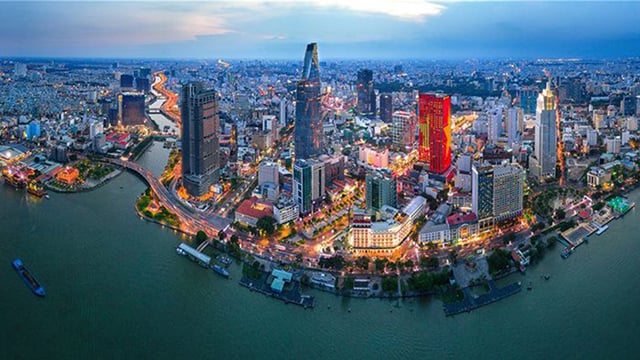




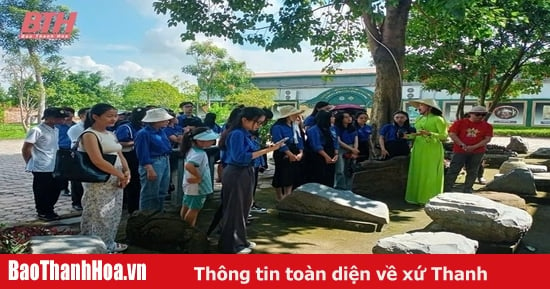
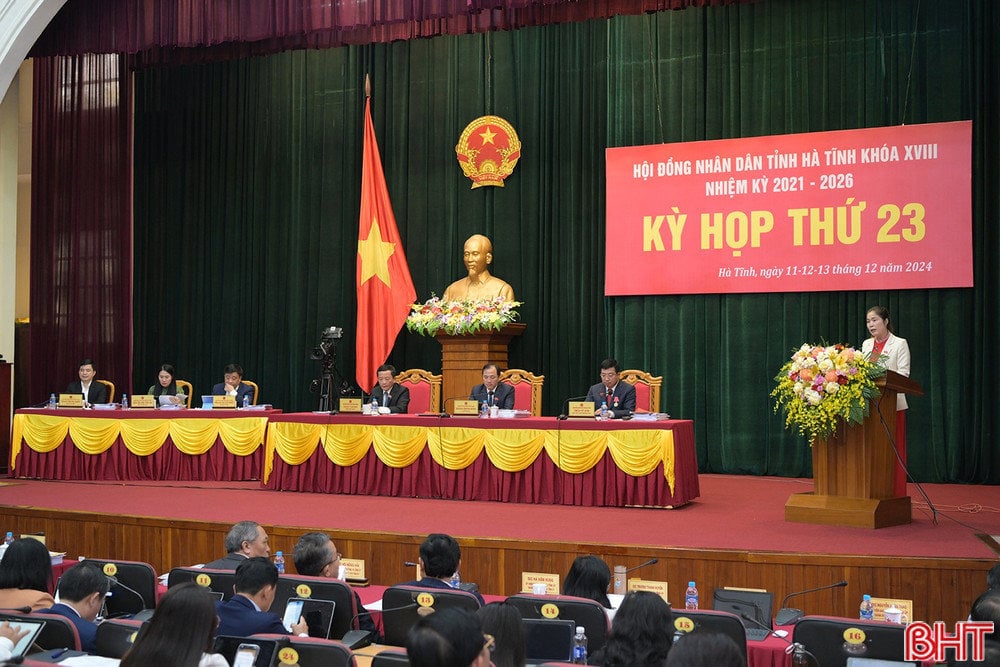
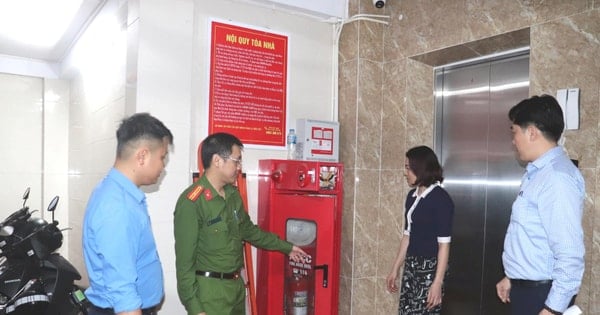


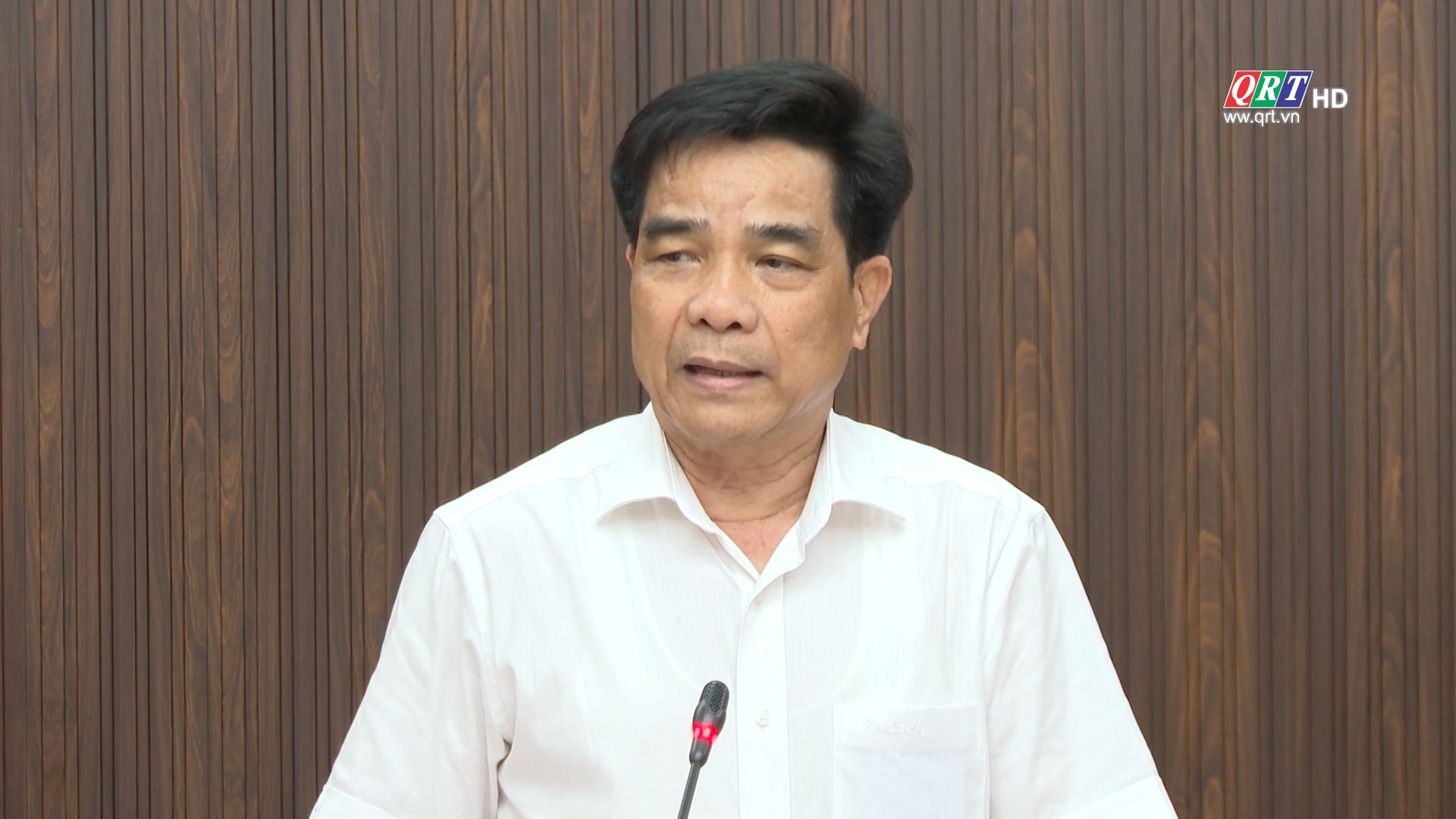

















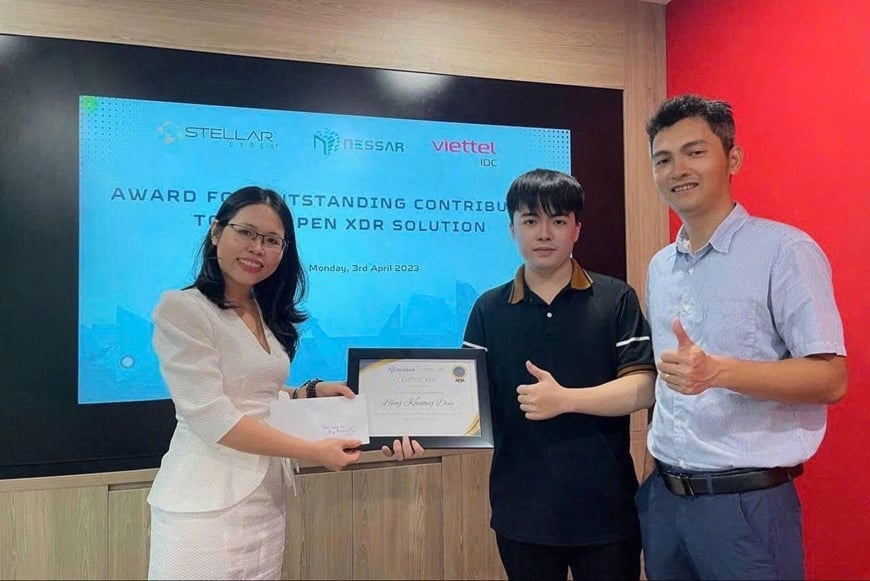












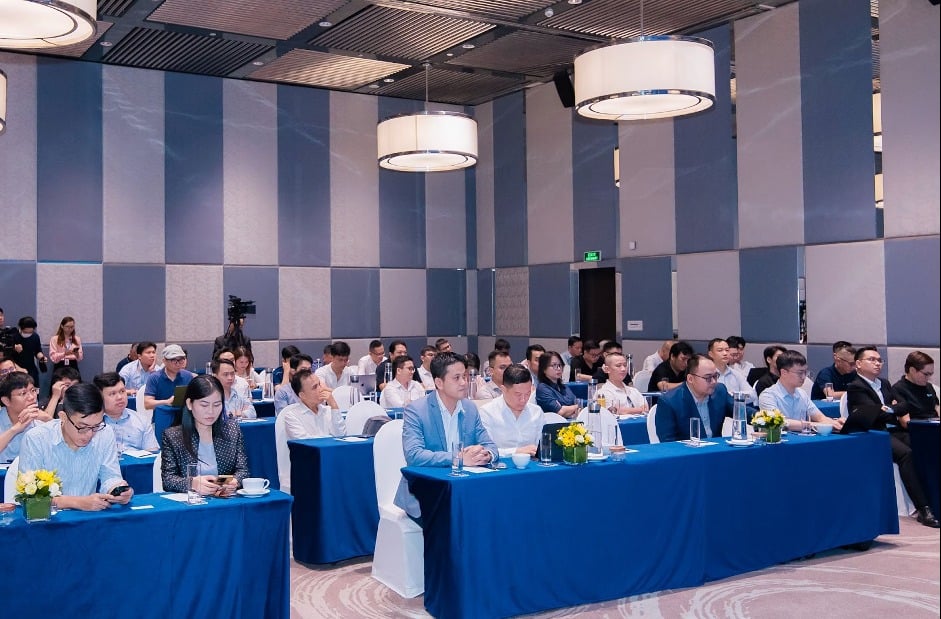
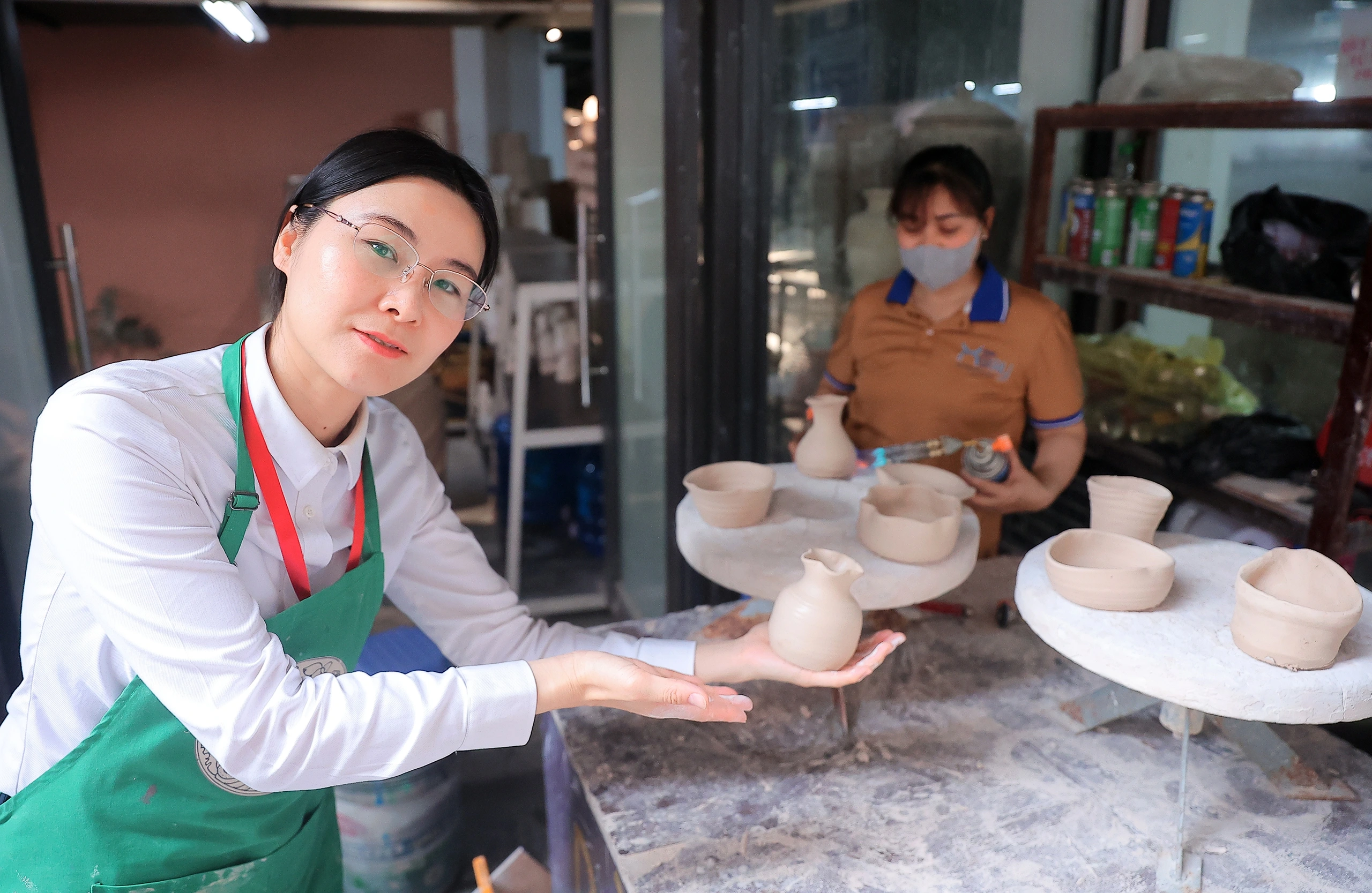


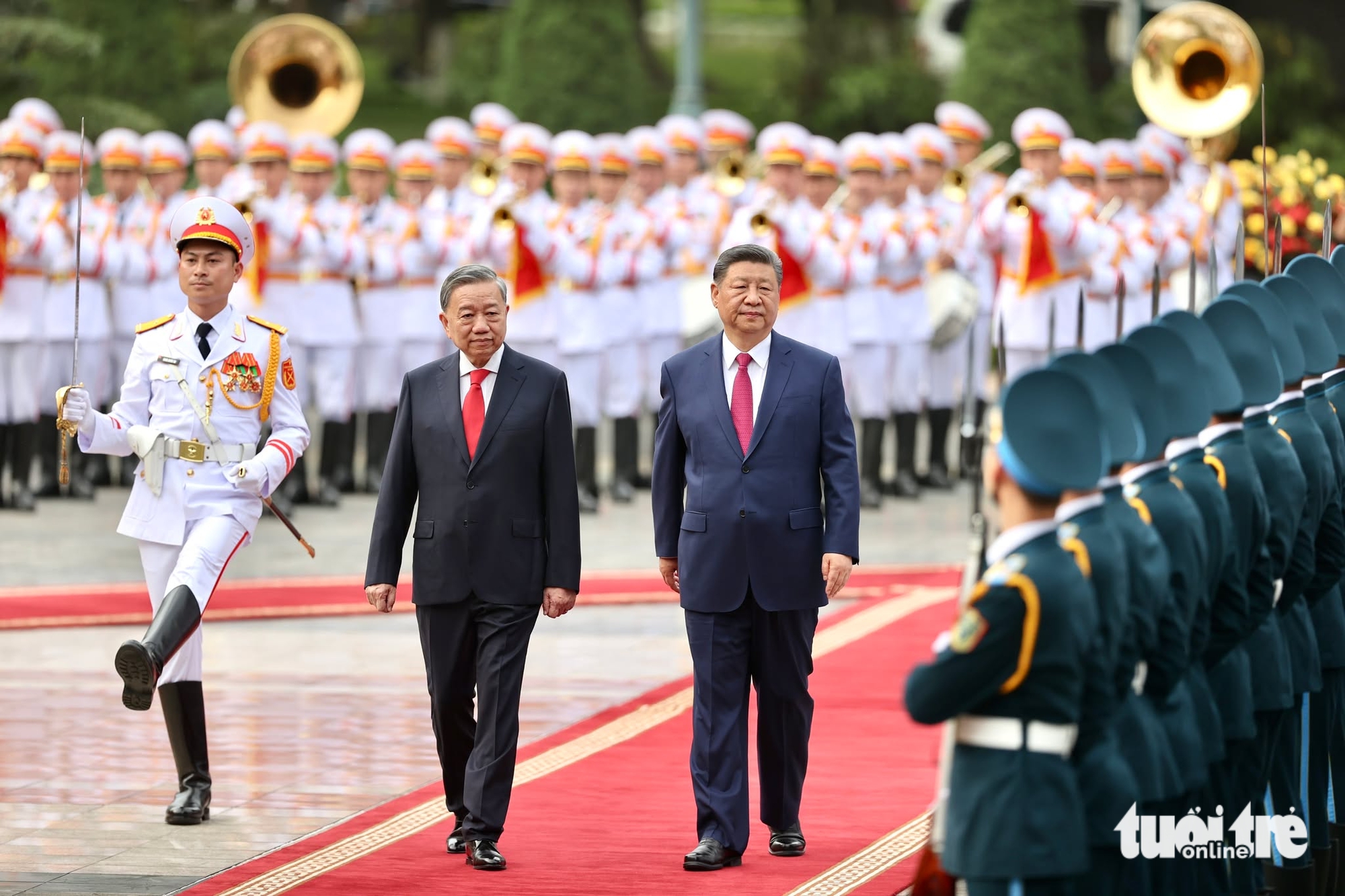
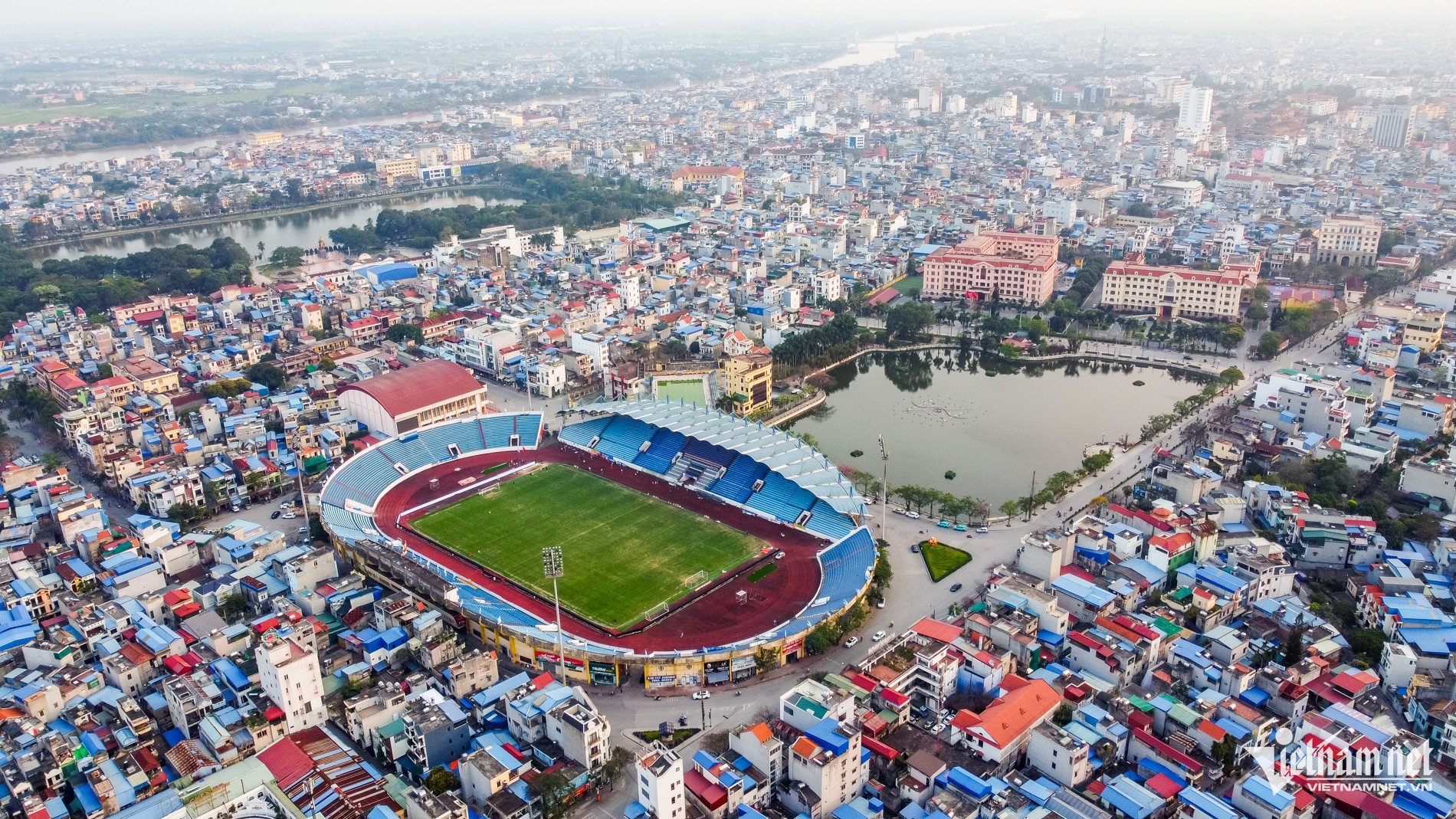

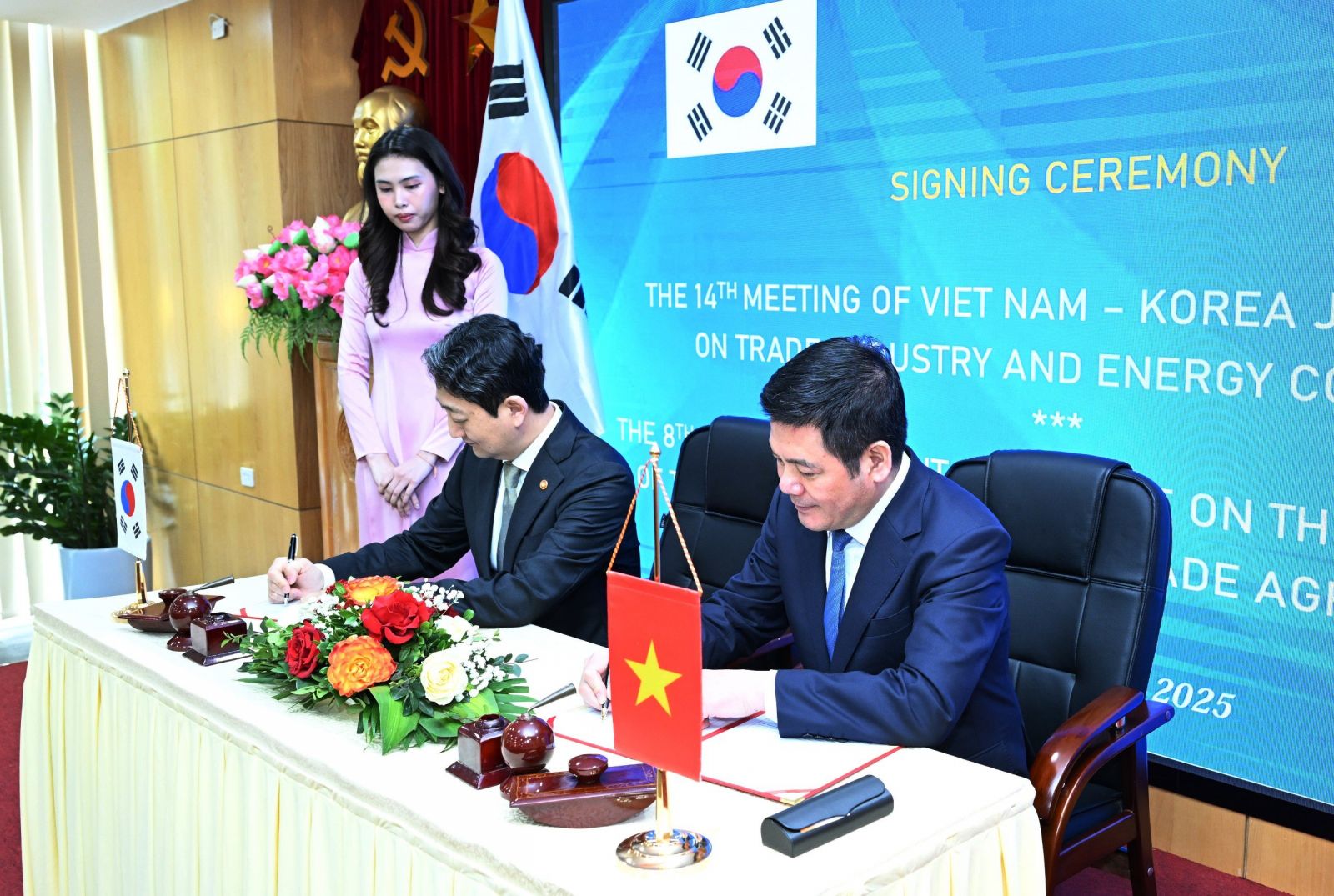


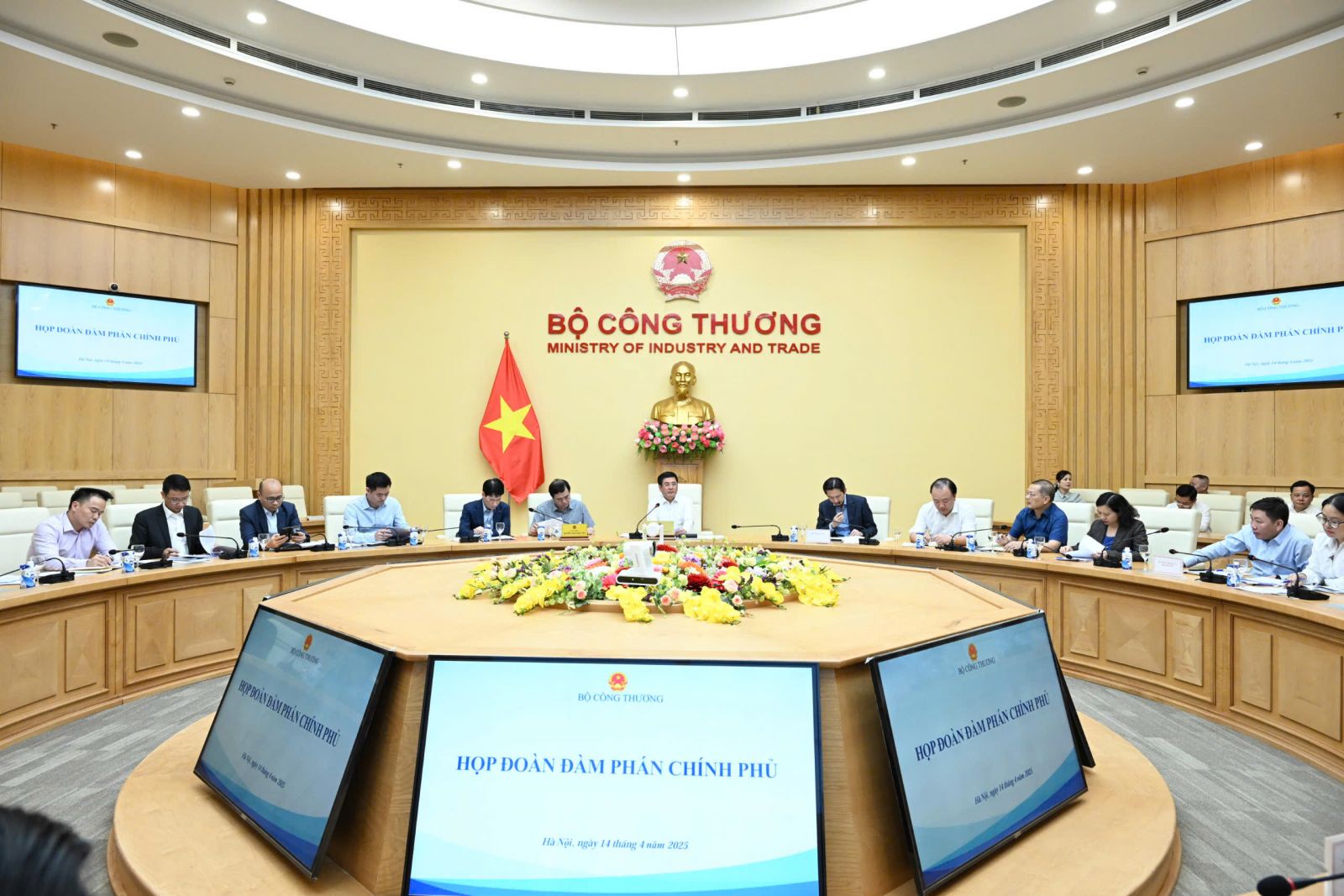
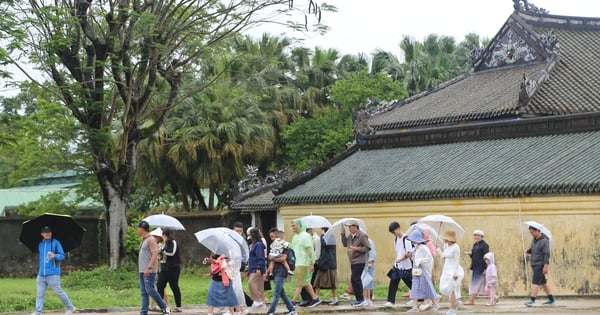


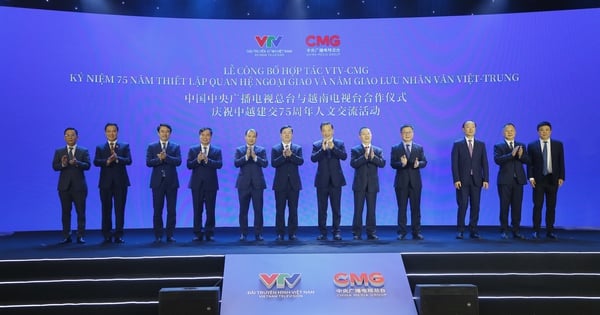
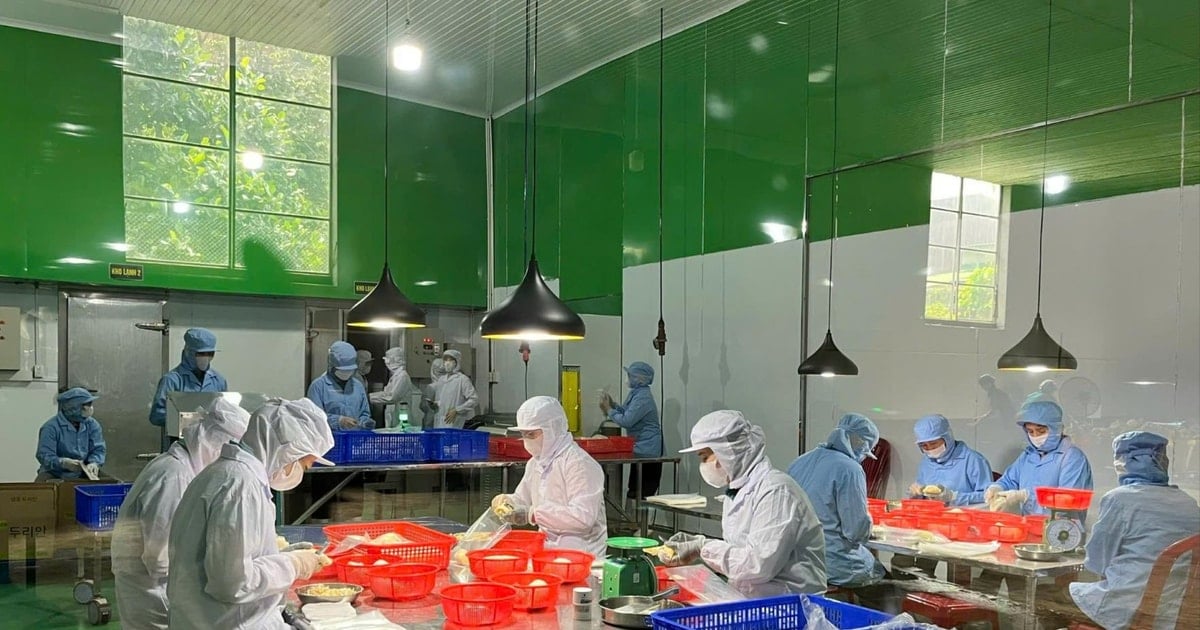



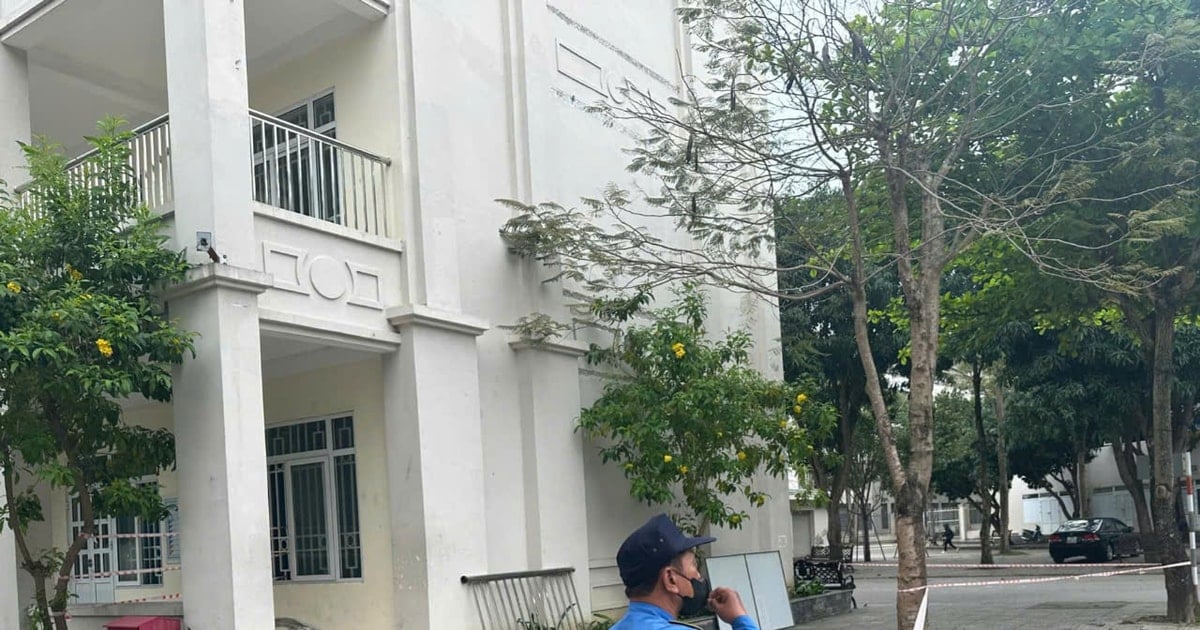

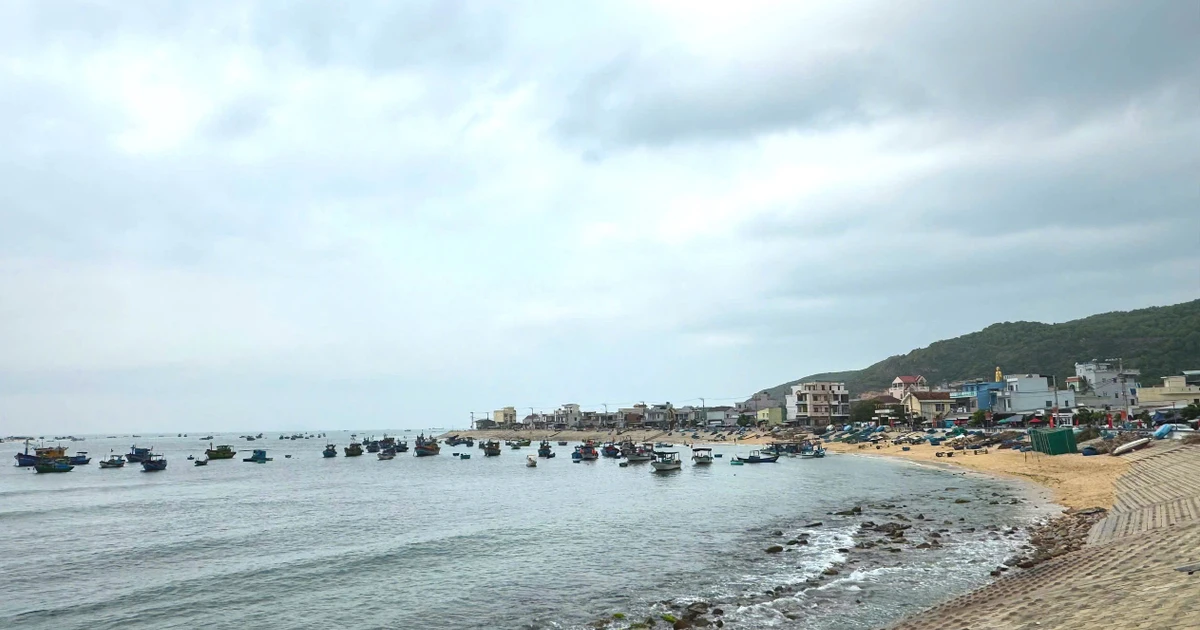










Comment (0)